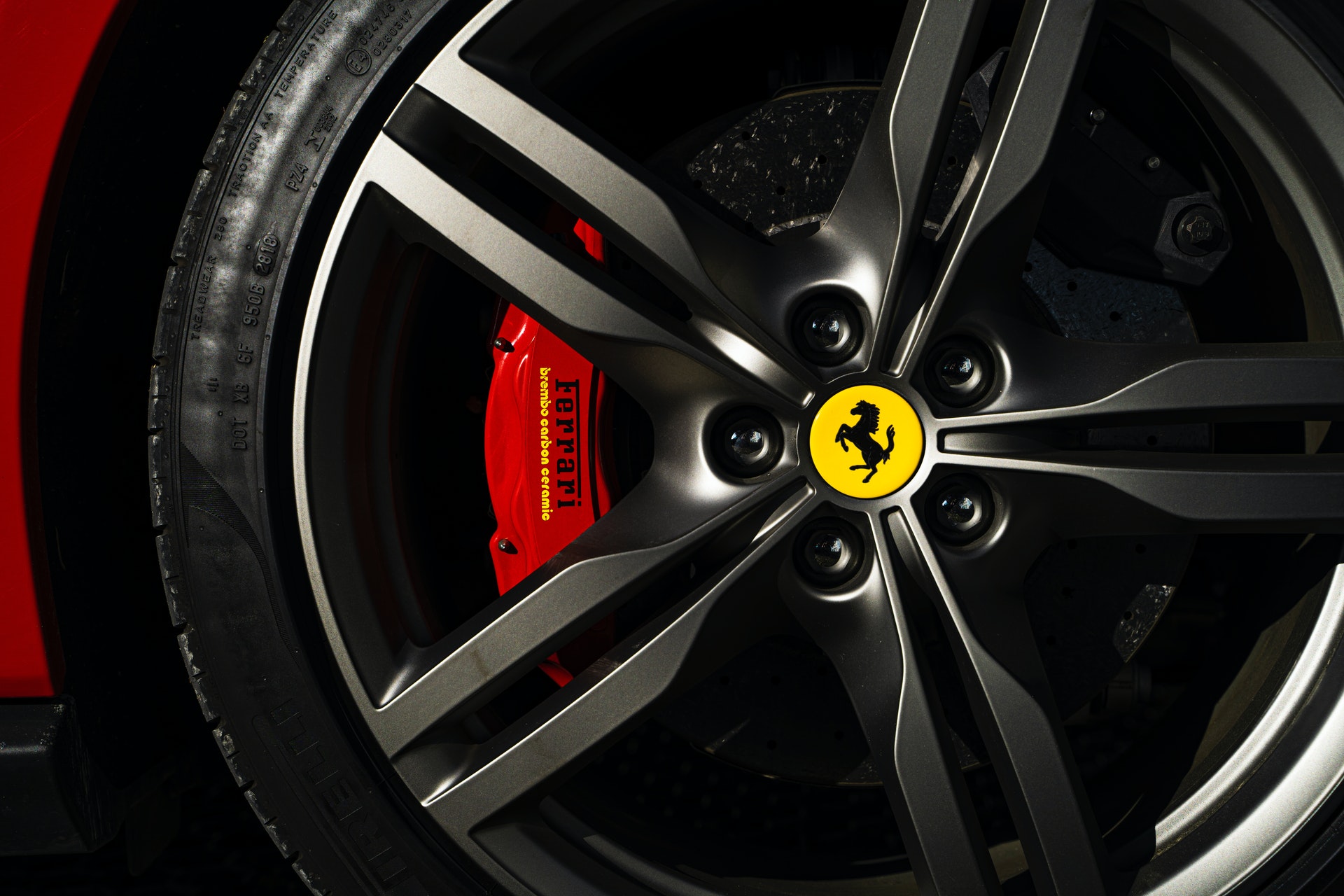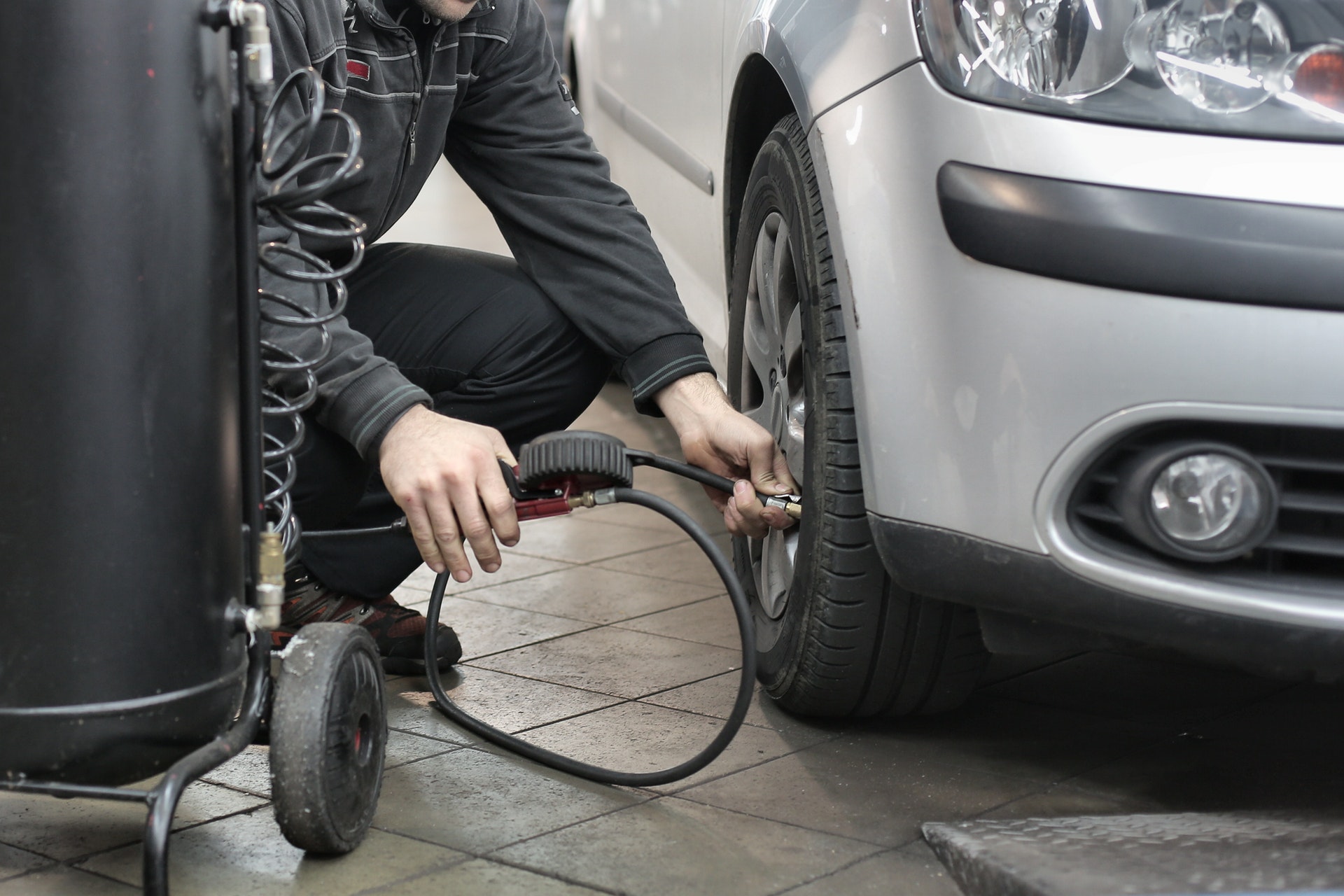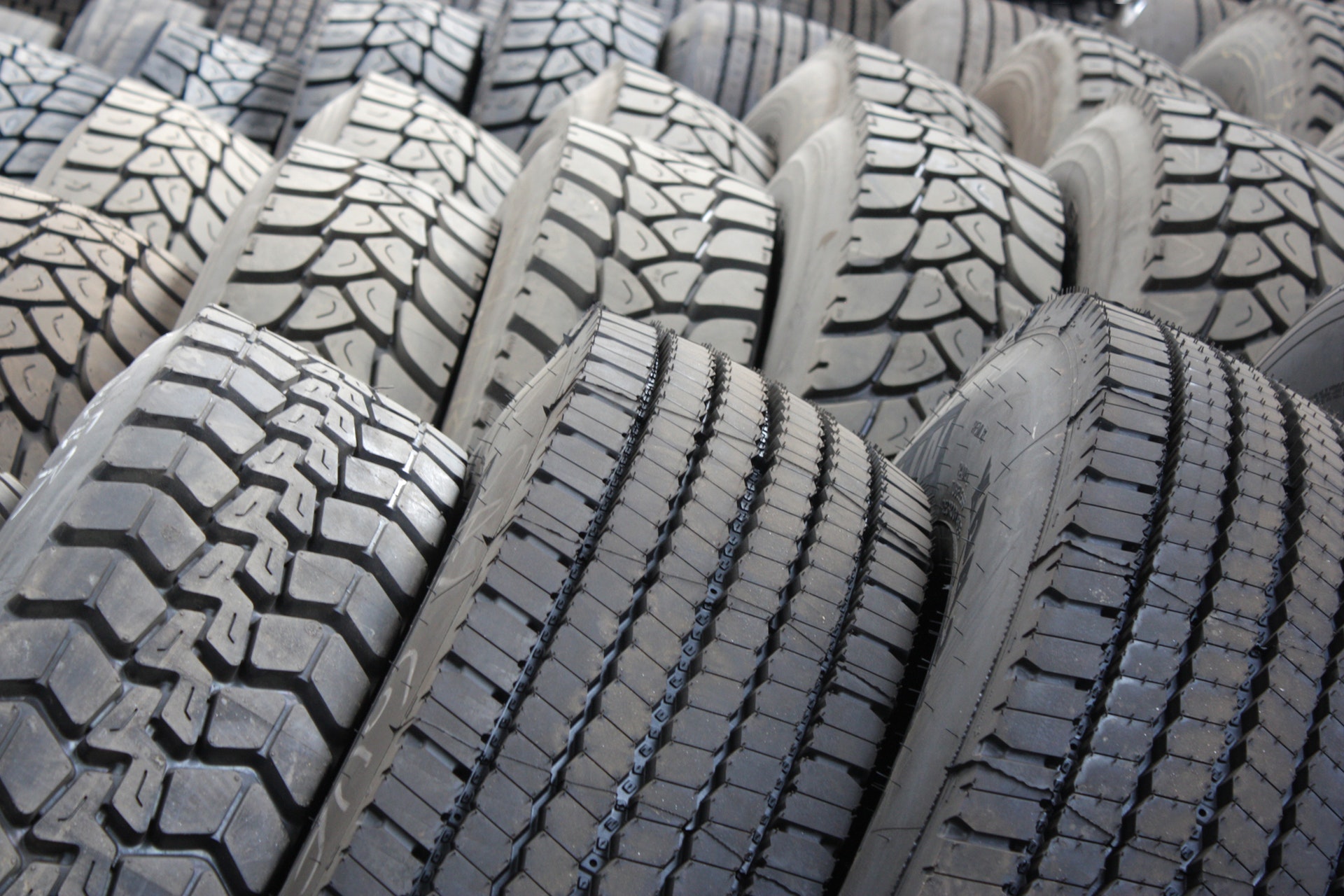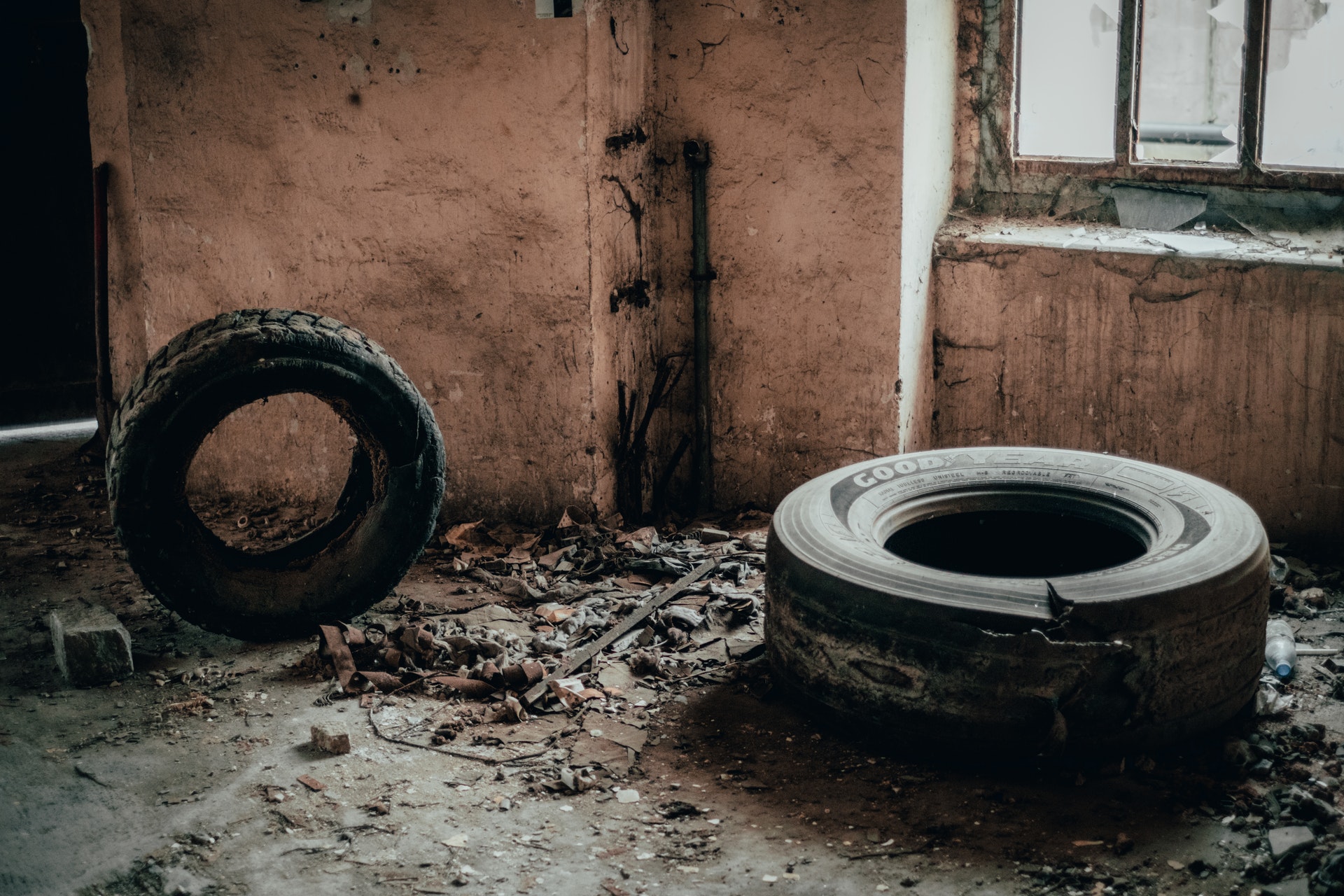5 Safe Tyre Practices You Should Adopt
 (Photo credit: Pexels)
(Photo credit: Pexels)
As the only part of the vehicle that comes into contact with the road, tyre safety is something you should not overlook. Here are some safe tyre practices you should adopt to ensure a safer and smoother ride.
Tyres are arguably the most important parts of any vehicle as they are the only part that comes in contact with the road while you drive. Keeping them in tip-top shape is vital in ensuring your safety.
In this article, we've highlighted some key tyre safety tips you should consider adopting.
Monitor Your Tyre Pressure
 (Photo credit: Pexels)
(Photo credit: Pexels)
Carrying the weight of your entire vehicle, your tyres are bound to lose some air over time. You should make it a habit to check your tyre pressure regularly and pump them up if they happen to be underinflated.
It is hazardous to drive with underinflated or flat tyres as it makes car handling a lot more difficult. Your vehicle will also require more power while driving with underinflated tyres, leading to greater fuel consumption.
When pumping air into your tyres, you should ensure that you pump them to the optimal pressure as stated on the tyre face.
Do note that driving with overinflated tyres is also equally dangerous. Tyres that are overinflated have less grip and contact on the road, and will likely wear out quicker and have a higher chance of bursting.
The general consensus states that you should check your tyre pressure at least once a month and before long road trips. You should also conduct tyre checks when they are 'cold' for the most accurate readings.
Observe Your Tyre Tread Depth
 (Photo credit: Pexels)
(Photo credit: Pexels)
Your tyre tread is the surface of your tyre that comes in contact with the road. The ridges you see on the surface of the tyre circumference are its ribs and it helps you identify whether your tyre is worn out. If the ridges get too shallow or if you can’t see the rib patterns anymore, it means your tyre is now ‘bald’.
Driving with balding tyres with little to no tread depth is extremely dangerous as it reduces the amount of friction between the tyre and the road. You will be prone to skidding and losing control of your vehicle due to aquaplaning in wet weather. Bald tyres are also more at risk of blowouts and punctures. It’s always best to get your tyres replaced once your tyre tread gets low.
A suitable tyre tread depth would be around 1.6mm which you can measure using a tread depth gauge or observing tread wear indicator bars found between your tyre tread ribs!
Check For Tyre Damage
 (Photo credit: Pexels)
(Photo credit: Pexels)
While you’re checking your tread depth, do a visual inspection of your tyres as well. Just like your skin, tyres should be free of any cracks or bulges.
Cracks on the tyres are an indication of exterior damage caused by road hazards, improper inflation, overloading or abrasion from curbs. On the other hand, bulges are a clear sign of internal damage within its structure.
These are all strong signs that you should get your tyres replaced ASAP. Blowing out your tyres on the road is extremely dangerous not only to yourself but also to others, so make sure you pay attention to your tyre condition!
Ensure Your Tyres are Aligned
 (Photo credit: Pexels)
(Photo credit: Pexels)
Tyre alignment is another safety point to consider while driving. Tyres get misaligned from rough terrain and potholes, or just prolonged use in general. Ensuring that your tyres are aligned will help you avoid substandard vehicle handling.
There are several ways you can check if your tyres are misaligned. Here are some ways to check if your tyres are misaligned:
1) Uneven tread wear;
2) Vehicle pulling to the left or right;
3) Your steering wheel goes off centre when driving straight;
4) You feel vibrations from your steering wheel
Avoid Cheap Tyres
 (Photo credit: Pexels)
(Photo credit: Pexels)
Generally, costs will always be a headache in the world of car ownership. Drivers opt for cheaper options in many areas but your tyres should never be one of them.
As mentioned, it is arguably the most important component of a car. Good quality tyres give you a degree of comfort and safety that makes no amount of money saved ever worth it. Don’t cheap out on your tyres!
The importance of your tyres' health and condition can't be emphasized enough. Do your due diligence and it could save you money in the long run such as avoiding accidents and contributing to good fuel economy. It could even save your life!
I want to find the highest selling price for my car within 24 hours!
Read more: 4 Tips to Choosing the Right Car Workshop in Malaysia
